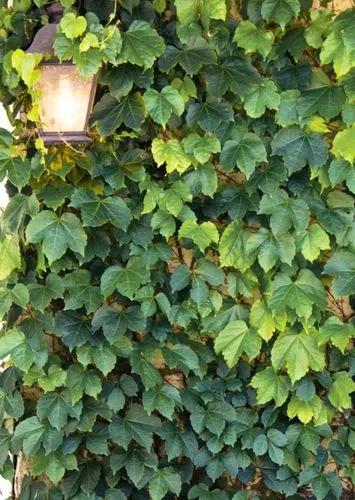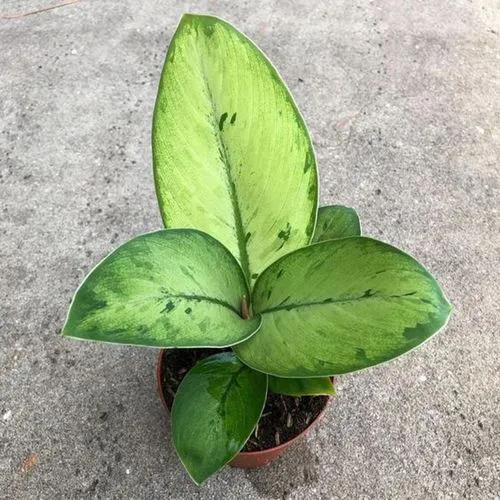Calathea orbifolia is a type of tropical plant. They are often grown indoors. Huge decorative leaves attract many plant lovers and fit well into the interior.
Calathea Orbifolia Care
Calathea orbifolia



The origin of the name comes from the ancient Greek Kalathos – a basket. People used to weave baskets from this plant's leaves in the past. In most species, the leaves are large and oblong-oval. There are also species with lanceolate leaves-shoots from a plant that forms rhizomes, often underground.
How to Care for the Plant

Water

Being a tropical plant, Calathea orbifolia needs a lot of water. Make sure the soil is always moist but not dripping wet. Don’t let any liquid stay in the saucer.

Pruning

Calathea orbifolia requires minimal pruning. Cut the leaves only if they wilted or begin to turn yellow.

Fertilizer

The plant needs to be slightly fed in spring and summer. Use liquid fertilizer containing nitrogen once a month. Apply at a quarter of recommended strength to avoid root burn.

Sunlight

This plant prefers a lot of indirect light. If the light is too bright, the plant's leaves may wither. Too much shade, on the other hand, will lead to leaf discoloration and corrupted growth.

Soil

The most suitable soil for the plant should be fertile but also well-draining. You can buy a usual plant mix in the shop. If you decide to make substrate with your own hands, use 2 parts of potting mix, 1 part perlite, and a bit of orchid bark to add some acidity to the soil.

Propagation

Propagation from cuttings is not successful because this plant’s leaves grow straight out of the rhizome. Hence, division of the rhizome is the best option. Spring is the best time to breed. Keep in mind that Calathea orbifolia doesn’t like its roots to be disturbed, so plan propagation at the same time with repotting. Do not propagate for at least a year after repotting – it can be too shocking for this gentle plant.

Temperature

Suitable temperatures for your Calathea orbifolia would be 65°F and 75°F (18°C - 24°C). It is essential to withstand this particular temperature regime because at an elevated temperature, the leaves curl, and at a lower temperature, they droop.

Container

The container for the plant shouldn’t be too big. Look for the pot 1-1.5 in (2.5-3 cm) wider than the earthen clod of your Calathea orbifolia. The plant should feel free and retain moisture.

Fun fact

The plant can move. It has a small joint where the leaf and stem meet. Also, this calathea raises its leaves at night and lowers them to catch more light during the day.

Popularity

23,400 people already have this plant 3,714 people have added this plant to their wishlists
Discover more plants with the list below
Popular articles






